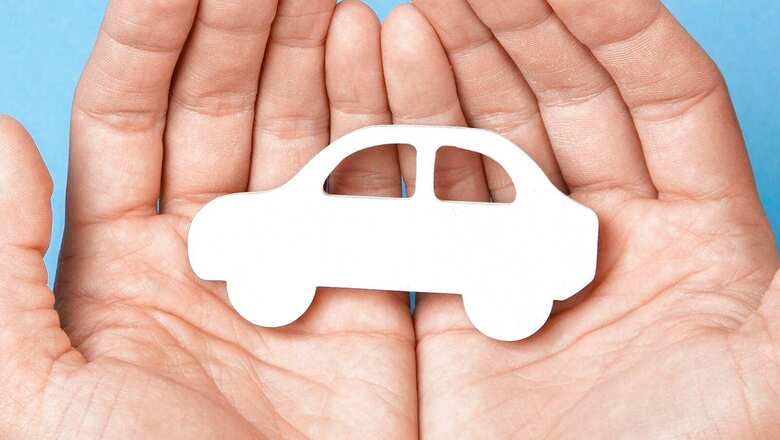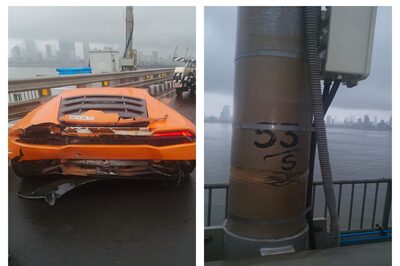
views
Car insurance is one the most essential insurance that one should definitely own. It pays for the loss or damage to the car in exchange for a premium given by the policyholder. It provides coverage for a bodily injury from an accident in case the insured car was involved. It also pays for the damage to the vehicle due to theft or natural calamity.
The most important aspect of owning a car insurance policy is renewing it. You may want to consider updating your policy for wholesome coverage or purchase add-ons. You need to keep a few things in mind to avoid any hassle during renewal. Therefore, we have made a checklist for you to avoid making any mistakes at that time:
Renew the policy on time: Check the expiry date of the policy. You should renew your car insurance timely. You will be liable to pay a fine of Rs 2000 if you drive without a third-party policy in India. You will have to pay a Rs 4000 fine if you repeat this offence along with the cancellation of your license and imprisonment.
A few insurers offer a grace period of 30-90 days which is an additional time to renew the policy if you miss the expiry date deadline. However, the insurer won’t cover your vehicle during this grace period.
Update your plan: At the time of renewal, you can update your car insurance to a comprehensive one. A comprehensive plan provides more coverage that includes paying for damage to your car in case of a mishap. However, the premium will increase.
Appropriate Insured Declared Value (IDV): Insured Declared Value is the current market value of the car. It is the maximum sum assured provided by the insurer if the car gets stolen or damaged due to an accident. IDV is a crucial parameter while calculating the premium of car insurance. A higher IDV implies a higher premium whereas a lower IDV implies a lower premium. You should opt for an IDV that offers good coverage and the premium suits your budget.
Use accumulated No Claim Bonus (NCB): No claim bonus is the reward given by the insurer in case you don’t make any claim for a given period. It ranges from 20 per cent-50 per cent for a period of 5 years. This discount is given at the time of renewal. It is a good way to reduce your premium. So, make sure to check your eligibility and the discount value when renewing your car insurance.
Consider voluntary deductible: A voluntary deductible is an amount a policyholder pays from the share of the claim. If a policyholder agrees to a higher deductible, then the insurance premium is more whereas if the deductible is low, the insurance premium is high. If you have a good driving record, it makes sense to choose a higher deductible.
Check the network of garages: It is difficult to wait for payment from insurers at the time of an emergency. Therefore, check the network of garages with your insurer to enjoy hassle-free cashless claims. Their website also entails such information.
Choose the right add-ons: Add-ons provide a protective cushion to your existing insurance policy giving adequate coverage. You can choose add-ons such as zero depreciation, passenger cover, no claim bonus protection, roadside assistance, etc.
You should assess your requirements before choosing an add-on as they increase the premium. For example, a zero-deprecation add-on is suitable for a new car because the claim amount is protected from the non-inclusion of the depreciation cost of the vehicle. Similarly, if your frequent commute involves remote areas, you can buy roadside assistance cover that provides immediate assistance if the car breaks down in the middle of the road. The best time to remove or buy an add-on is during renewal.
Summing up
All these steps will go a long way to making an informed decision during the renewal of your care insurance policy. You can also switch your insurer if you feel dissatisfied with the current policy. Compare various policies, features, benefits, and prices before moving to another insurer.
Sanjiv Bajaj, Jt. Chairman & Managing Director, Bajaj Capital Ltd. The views expressed in this article are those of the author and do not represent the stand of this publication.




















Comments
0 comment